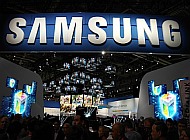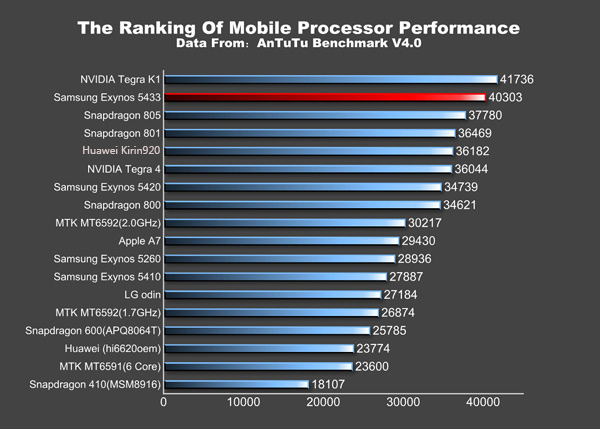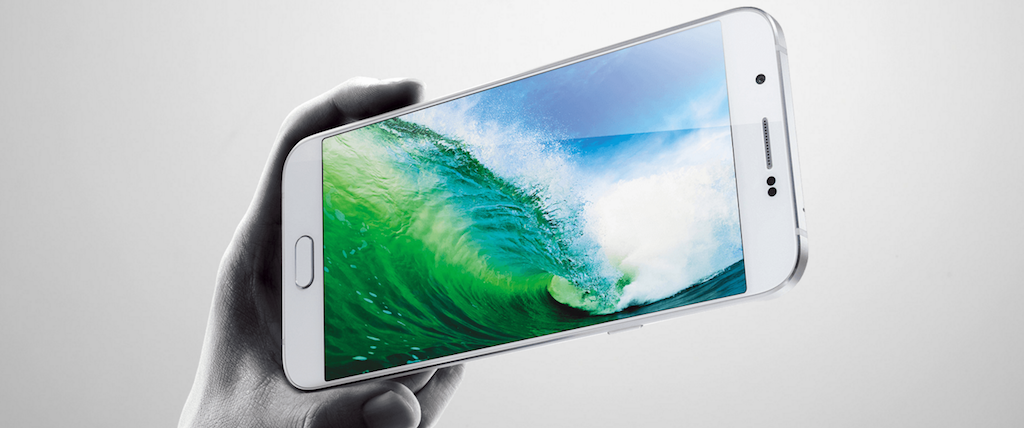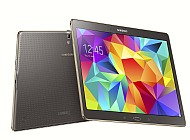
The suit is, in fact, a countersuit against Nvidia's lawsuit against Samsung earlier this year that said the latter had infringed on some of Nvidia's graphics-related patents in its mobile chips (which has caused the US ITC to investigate some Samsung devices.) Samsung's lawsuit against the popular GPU manufacturer alleges that Nvidia also used six Samsung patents without licensing them; Samsung is also suing Velocity Micro, a company that uses Nvidia's graphics cards and hence is being accused of using two of the Korean manufacturers.
Nvidia, of course, is denying any falsification of the benchmark scores, saying that both the SHIELD Tablet and Galaxy Note 4 were tested out of the box. Samsung isn't too innocent as we've seen it tinker with benchmark scores on the Exynos version of the Galaxy S4 and Galaxy Note 4, but it seems like both Nvidia and Samsung will be trying to prove that the other is the only guilty party in what could be a long and drawn out legal war.

















